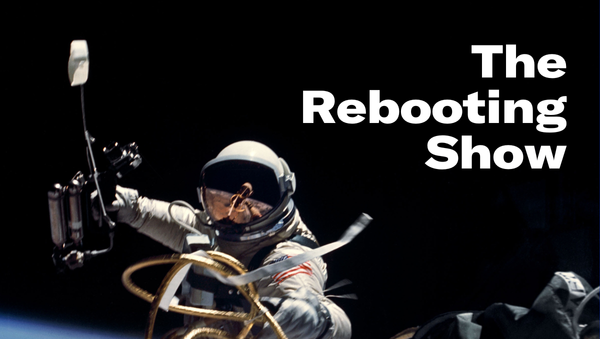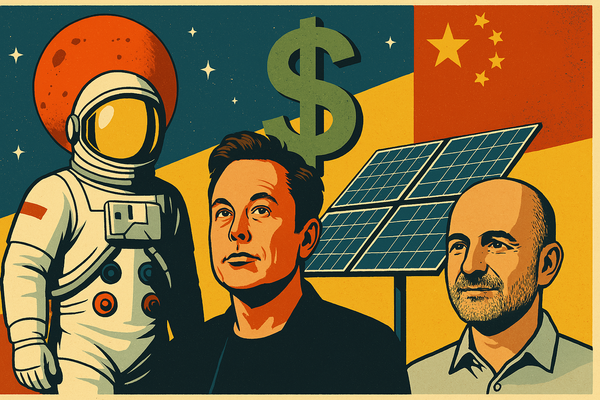The debate format
Plus: A conversation with Spin CEO Jimmy Hutcheson on monetizing IP

I’ve become mildly obsessed with the life of sea turtles lately. It turns out that they’re born with magnetic imaging that allows female turtles to drift for decades in the ocean to then find their way back to the beach they were born to begin the process anew.
Evolution is inevitable. What we’re seeing now in part of the media market is the evolution of publications into a new phase of life as intellectual property assets to be harvested. Plus, for TRB Pro members, why the debate format is having a moment.
First a couple things to know about:
- We are adding a dinner during Possible in Miami Beach on Tuesday, April 29. We’re getting together a great group of media executives with our partners at DanAds. Let me know if you’ll be in town for the event by replying to this email.
- We are also hosting a dinner with 1440 for marketers and agencies on Monday, April 28. We have a couple slots left if you’re a marketer or agency. Leave your information here.
- At The Rebooting’s next Online Forum on April 23 at 1pmET, I’ll speak with Metro UK and Marigold about how Metro is using personalization to increase conversion and engagement with newsletters. Join us.

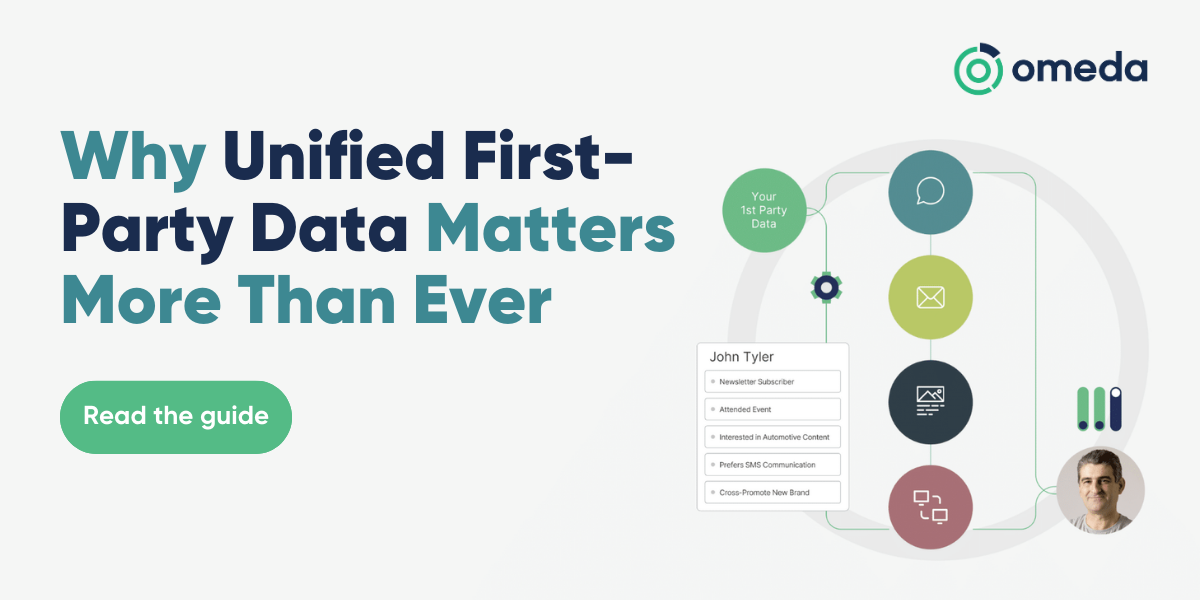
Organic search is declining. Third-party cookies are disappearing. Social media algorithms are unpredictable. Media companies must take control of their audience data to launch smarter products and programs that engage both audiences and advertisers. Why Unified First-Party Data Matters More Than
Ever explores how publishers can harness unified first-party data to drive engagement and build stronger, more connected experiences.
This guide features real-world examples from media brands successfully unifying audience data, unlocking deeper insights, and delivering more personalized content and offerings.
The IP harvesting life stage of media brands
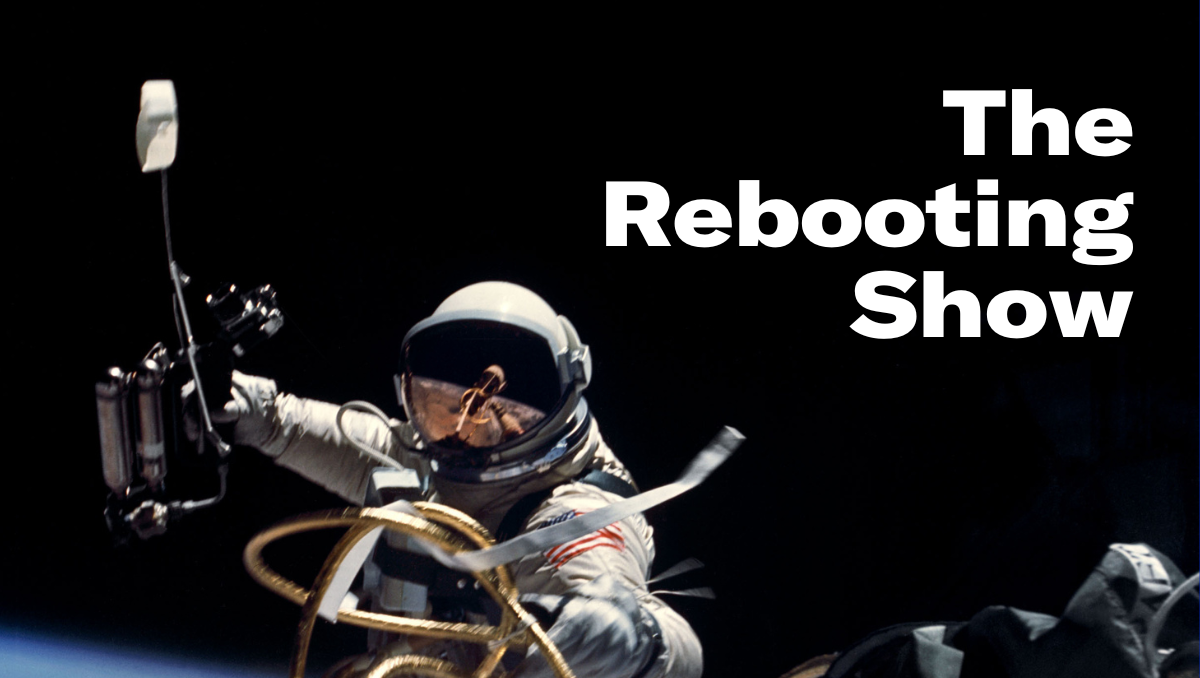
Much of the media M&A market has shifted decisively into the harvesting phase. These are no longer growth deals centered on scale or editorial ambition; they’re asset extraction plays. Acquirers are less interested in investing in newsroom expansion than they are in mining legacy value across SEO, merchandising, licensing, and events. As Jim Spanfeller of G/O Media put it, "It is impossible to kill a media brand."
That reflects a shift in the economic function of media brands. Their power is no longer as display advertising businesses, whether in print or digital, but in being cultural IP that can be packaged, licensed, and monetized in non-editorial ways. Most media businesses are fronts for other businesses with better economics.
Spin is a case study. Once a music magazine that competed with Rolling Stone to define cool in the pre-internet era, Spin is no longer really a magazine. Yes, it has brought the magazine (and Bob Guccione Jr) back, but Spin is an IP company now. It puts on Spin Sessions events, sells t-shirts at Urban Outfitters, licenses its archive for streaming projects, and runs a record label with Randy Jackson.
“We 17x’d the revenue in four years,” CEO Jimmy Hutcheson told me on this week’s episode of The Rebooting Show. “Spin’s back in a big way and more relevant than ever.”
Hutcheson is clear-eyed about the transition: “What made [Spin] successful in the past is not what is making it successful now and into the future.” When his firm, Next Management Partners, acquired Spin from Billboard in early 2020, it was “an orphaned asset," a brand with deep cultural cachet but little commercial momentum.
Since then, Spin has been repositioned as a multiplatform tastemaker focused on music discovery and artist development, especially for younger audiences. It is something of a nostalgia brand for midlife Nirvana fans but retains a pre-internet cool.
“Spin was the first to write about Olivia Rodrigo,” Hutcheson said. “We’re a creator on TikTok now. And there’s a lot of kids discovering who Spin is.”
The music journalism at the heart of Spin has not gone away. Its coverage of the AIDS crisis in the 1980s to 1990s was renown. That focus remains, only it often acts a credibility calling card for "shoulder" businesses.
“At the core of Spin is great journalism,” he said. “That editorial seed allows us to go do a deal with Urban Outfitters or 101 Studios.”
That playbook isn’t unique to Spin. Rolling Stone is on a similar path under Penske Media, expanding its events footprint and is looking to open a casino in Vegas. Newsweek has a robust lists business and is adding events, including its new AI awards program I'm judging. (There’s also an AI summit in Sonoma.) And then there’s Forbes, which perfected this strategy long ago with its global conference empire and prolific accolades business—though the 30 Under 30 brand has become an ironic punchline thanks to a troubling number of white-collar indictments. As the Pope once said, Who am I to judge?
Many brands will adopt some variation of this playbook. Vanity Fair is a candidate. It is on the hunt for a new global editorial director, and its clear the role is as much business development as editing great journalism. A brand like this is built off what is a now outdated version of celebrity – minor royals and Hollywood stars – but still retains IP value and cachet with brands.
What these brands share is a shift in function: from editorial products to cultural brands, a transition that many in journalism will lament but reflects the reality of the media market, where attention and influence has decentralized and seeped to the edges.
“We want to be hands-on with partners,” Hutcheson said, explaining Spin’s approach to licensing. “It starts with what’s authentic… and then we think about joint ventures, revenue shares, and marketing lift.”
The underlying logic is simple: in a world of infinite content, trusted brands still have commercial gravity. And while editorial may no longer drive the majority of revenue, it remains the thing that animates the brand—what keeps it from tipping fully into the SEO glue factory.
As Hutcheson put it: “It doesn’t matter what’s current. What matters is being special.”
Listen to my full conversation with Jimmy
On expertise
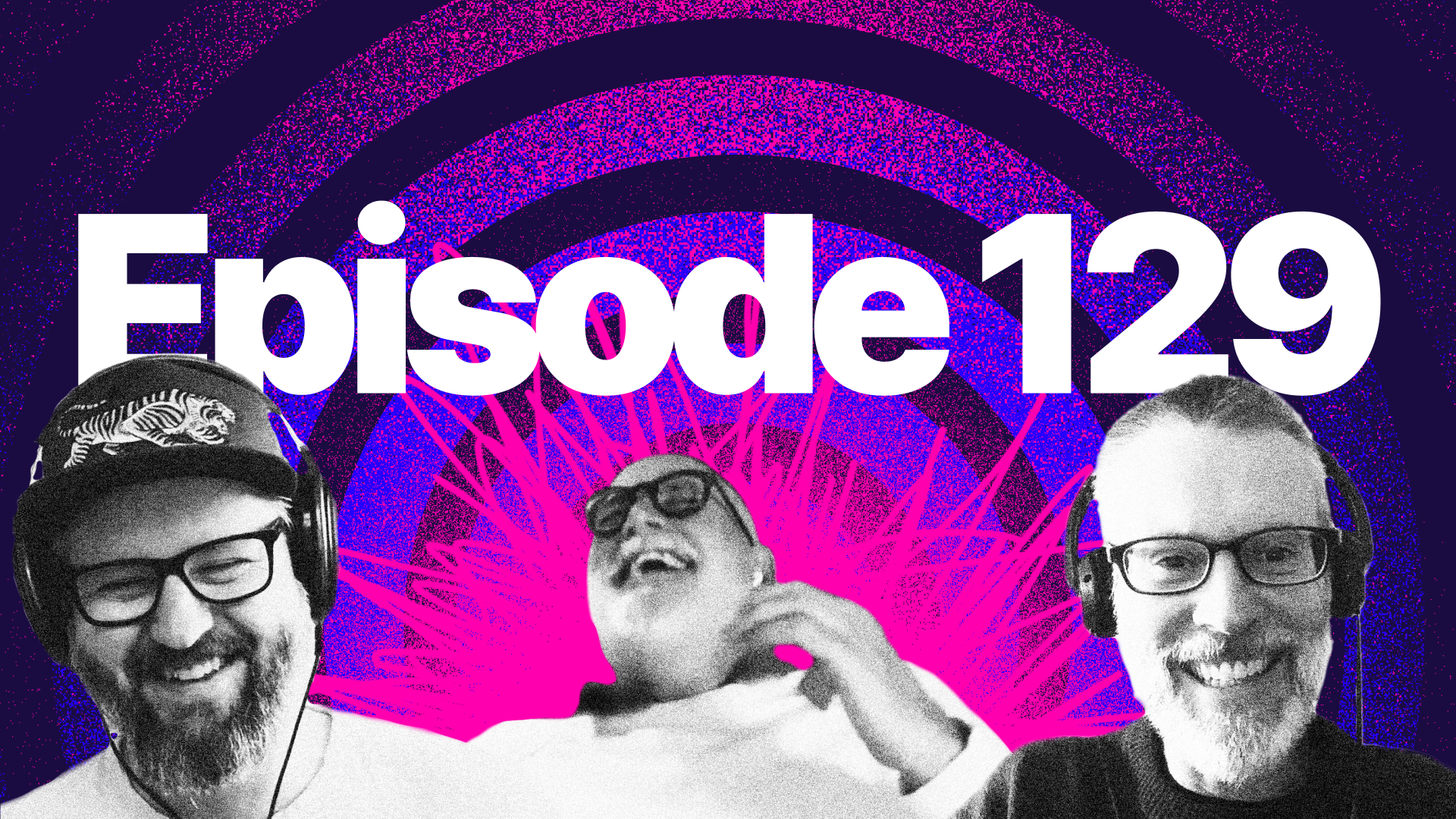
On the latest episode of People vs Algorithms, we discuss whether the pendulum has swung too far away from institutional expertise as we attempt to hash out increasingly technical matters like the impact of artificial intelligence and global trade policy. Plus: the downstream impacts of trade volatility on Apple, Hollywood exports, and DTC brands, the possible death of GDPR, and the future of Vanity Fair through the lens of IP harvesting.
Watch on YouTube or listen on other podcast platforms
Why the debate format works
We’re in the middle of a debate boom. All-In recently held a tariffs debate with David Sacks and Chamath Palihapitiya squaring off against Larry Summers and Ezra Klein. Joe Rogan recently hosted a three-hour clash between libertarian comedian Dave Smith and culture critic Douglas Murray on the value of expertise. Lex Fridman keeps trying to solve geopolitical crises via podcast, such as the intense Israel-Palestine debate that needless to say did not make much headway. Jubilee Media has built a $100 million-plus media brand with debates as one of its key formats.
The debate format is having a moment.


